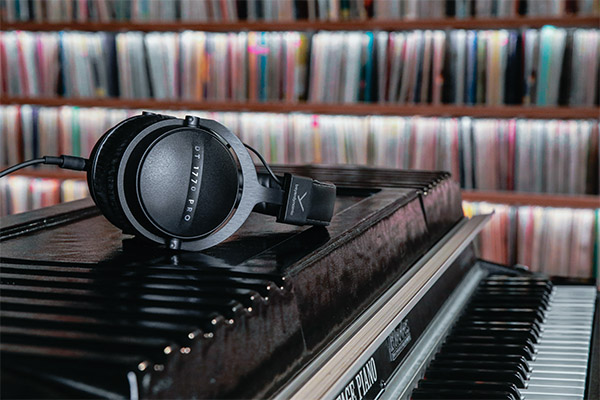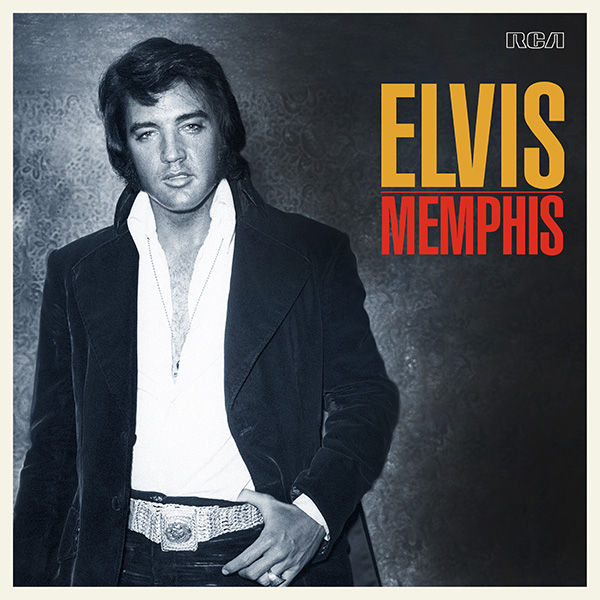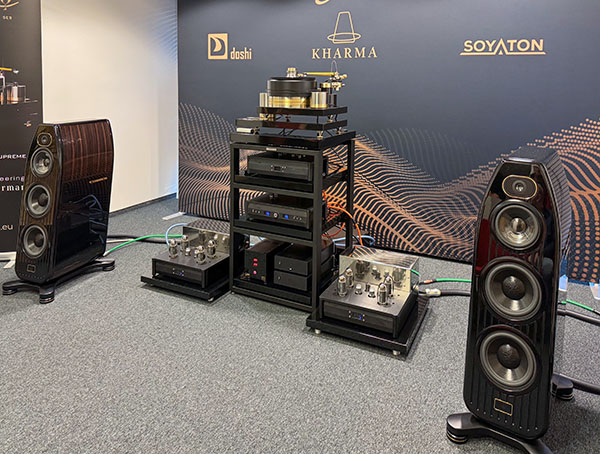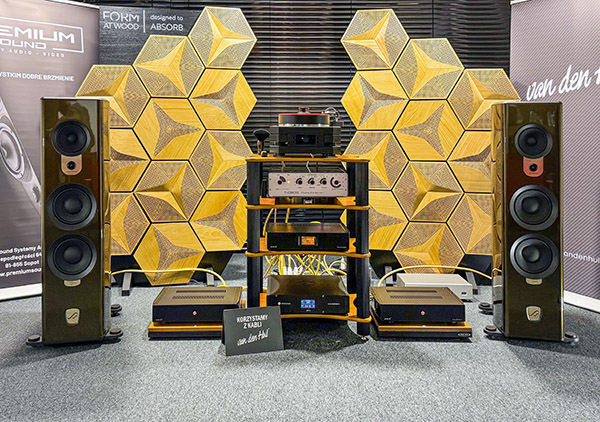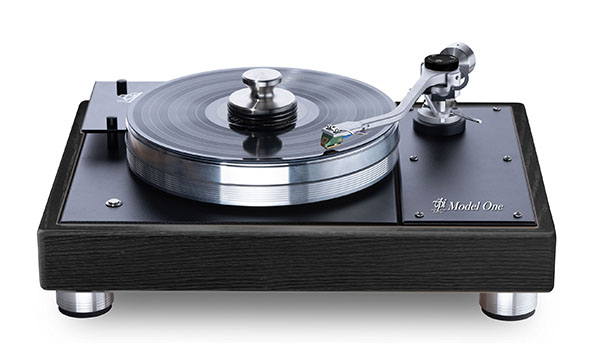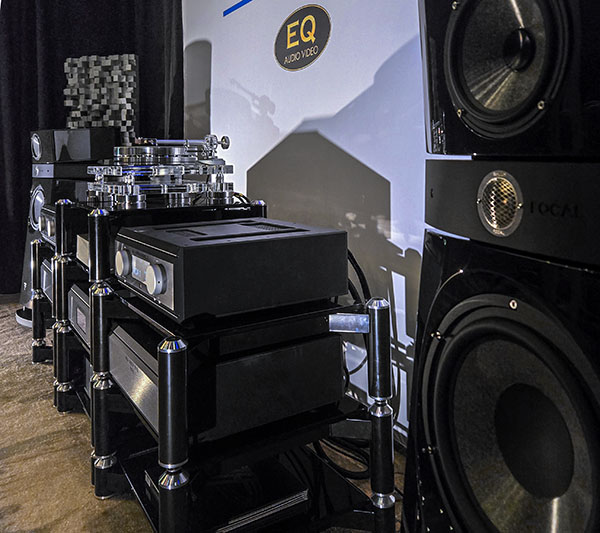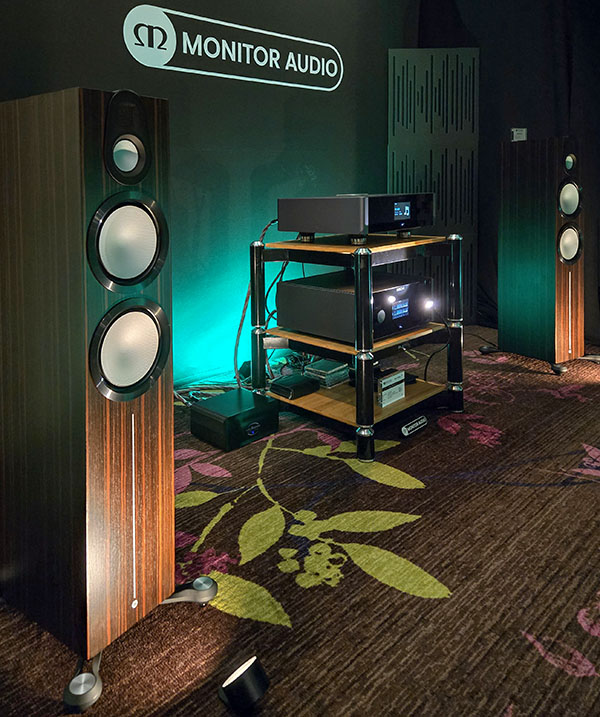beyerdynamic Introduces DT 1770 PRO MKII and DT 1990 PRO MKII Headphones
German audio manufacturer beyerdynamic has launched updated versions of its premium studio headphones: the DT 1770 PRO MKII and DT 1990 PRO MKII. These models feature the newly developed TESLA.45 driver, designed to improve sound quality and reduce distortion.
Continue Reading »

